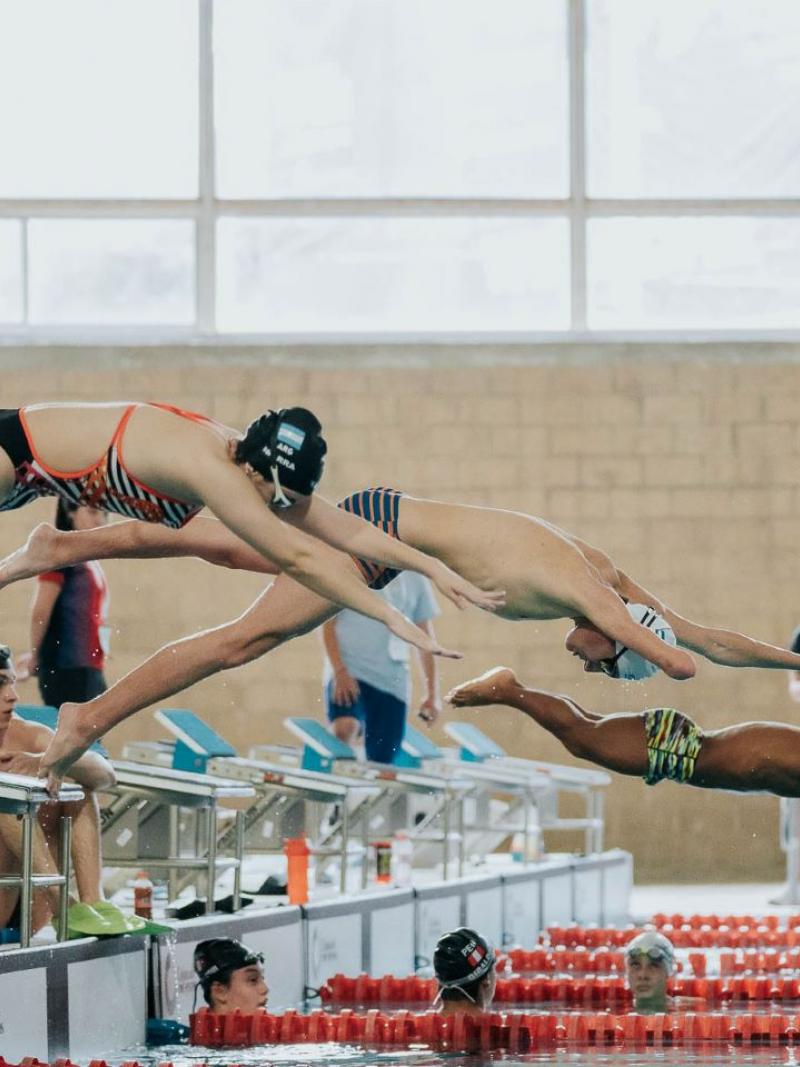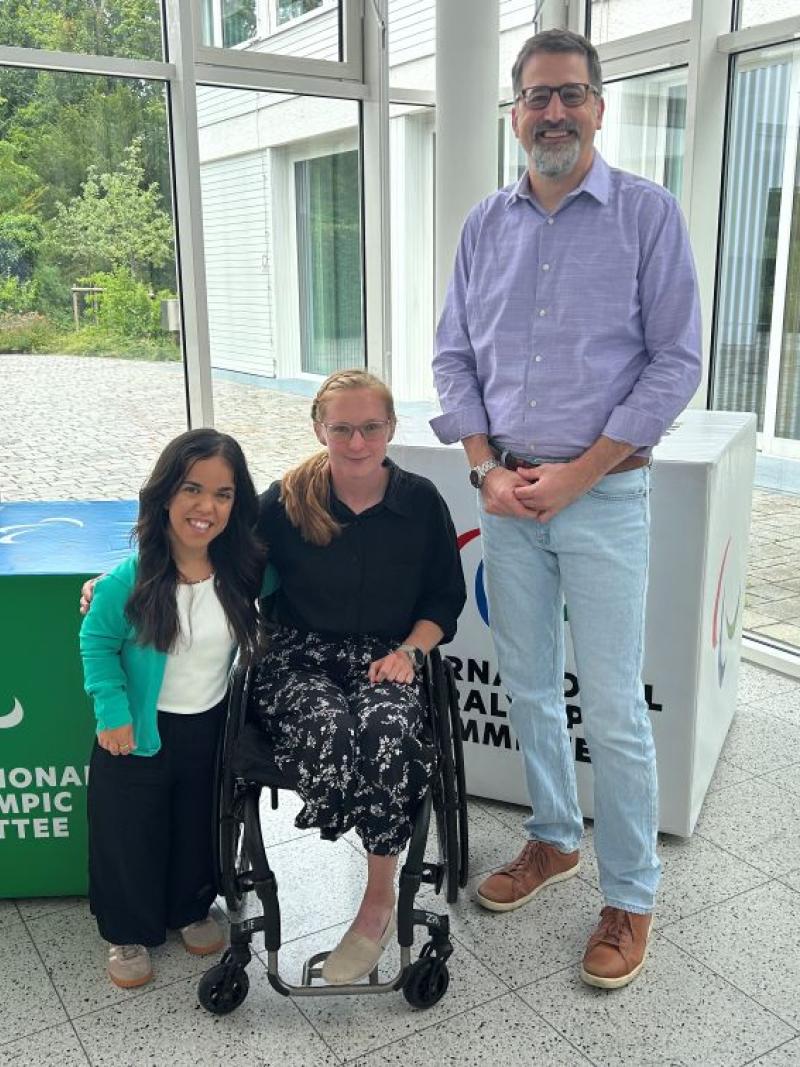IPC organises Para sport development specialist training for the first time
Participants from Asia, Africa, the Americas and Oceania took part in the Sport for Mobility (SfM) Development Specialists training at the IPC Campus in Bonn, Germany 01 Aug 2025
To upskill individuals so they can better serve and support National Paralympic Committees (NPCs) and Para sport development within their respective regions, the International Paralympic Committee (IPC) held four days of intensive training this week (28-31 July) at the IPC Campus in Bonn, Germany.
With a “train-the-trainer approach”, the Sport for Mobility (SfM) Development Specialists training equipped participants – who come from Asia, Africa, the Americas and Oceania - with the strategic tools, facilitation skills, and practical knowledge required to further train and support Local Leaders in advancing Para athlete pathways within their regions. The training included core knowledge and methodologies around the IPC, athlete development, the Para athlete pathway, and the strengthening of national Para sport structures. Hands-on workshops, case study discussions, and strategy development sessions further amplified training outcomes.
At the heart of the training was the IPC Development Model, a strategic framework focused on three pillars: athletes, leaders, and participation. It focuses on supporting NPCs in building sustainable sport pathways through tailored training, leadership development, and inclusive community programmes.
Kristina Molloy, the IPC’s Chief Membership and Impact Officer, said: “At the heart of the Paralympic Movement are people, who find passion and purpose in Para sport. Our focus on athletes, leaders, and participation, and our close collaboration with members, is key to ensuring that Para sport development efforts are context-specific and sustainable.
“By engaging with specialists who understand their local realities, we can help build the skills needed to train others, support the design of impactful national initiatives, and guide planning to support Para athletes from the playground to the podium.”
Following the successful completion of the training, the specialists will remain in regular contact with the IPC who will continue to provide support.
Juan Isaac Chong Ortiz, a participant from Peru, said: “The training has been dynamic, which allows us to develop our skills not only through the acquisition of new knowledge but also through more practical abilities to work directly with the NPCs and strengthen the capacities they already have.
“The structure of the programme enables us to understand the elements necessary to perform our roles well. We are learning the basic concepts of what the Paralympic Movement is and how it is structured, which gives us both a general and specific vision. With that foundation, we can also bring this technical knowledge to the NPCs.”
Lyn Hazel Calawod of the Philippines also noted: “I want to leverage my skills—my innovation skills—in building sustainable business models so that in the future NPCs don’t need to constantly ask for money, for grants, sponsorships, but they can be sustainable by themselves.
“Para sport is a very effective tool not only for improving physical activities for persons with disabilities but also for healing communities and to make communities come together—for able-bodied and for the community of persons with disabilities—to understand each other and collaborate.”






